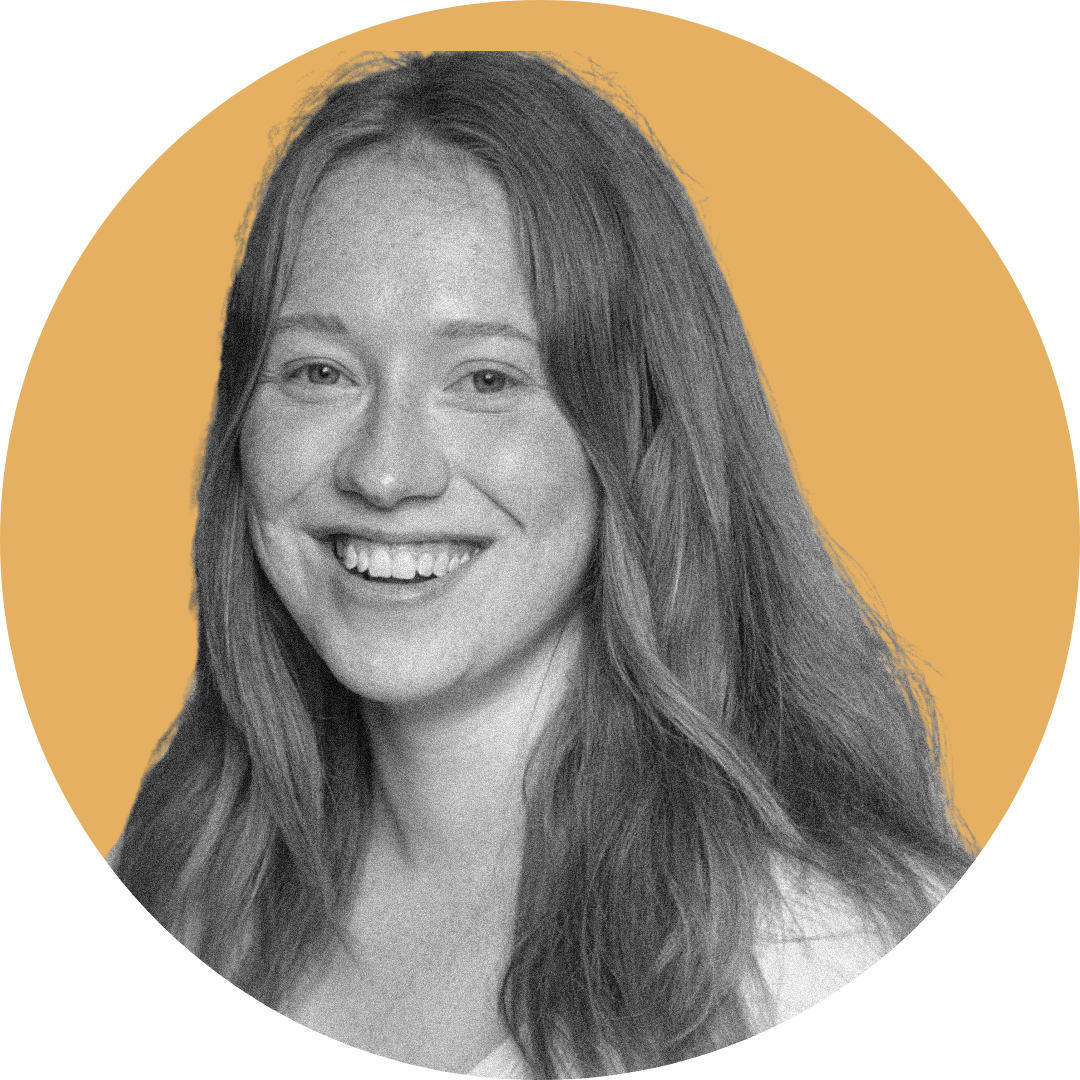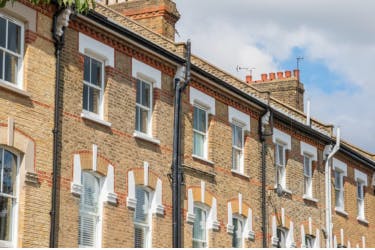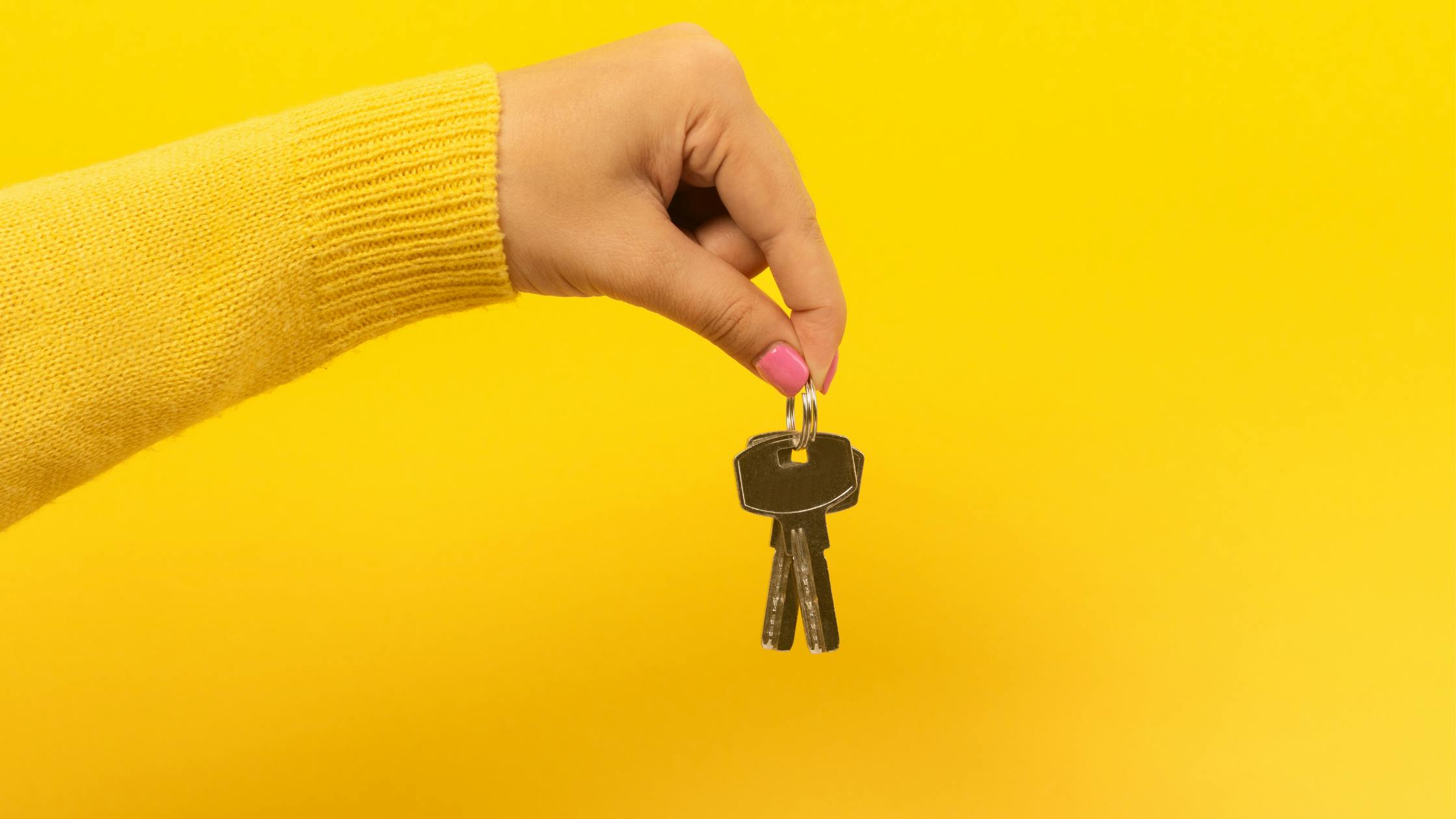What is the first homes scheme?
 Anya Gair
Anya GairIf you’re a first-time buyer and you’re struggling to get on the property ladder, the government’s First Homes scheme could hold the key to your own front door. So what is the First Homes scheme and how does it work?
What is the first homes scheme?
Launched by the government back in 2021, the First Homes scheme offers first-time buyers a discount of between 30%-50% on a new-build home close to where they already live or work. Key workers are prioritised, but other first-time buyers may be eligible if they can find a suitable property in their area.
Let’s imagine you want to buy a First Homes property with a market value of £200,000. If you’re a key worker and you work locally, you could buy the property with a 30% discount. This will shave £60,000 off the property price, bringing it to just £140,000. You won’t need to save as big a deposit and your mortgage repayments will be lower.
One thing to keep in mind with the First Homes scheme is that the discount will apply to the property forever. So when you come to sell your home, the price discount you receive will need to be passed on to the next buyer.
So if, for example, you live in the property for 5 years and its value increases by 5% during this period, the new market value will be £210,000. If a 30% discount has been applied, the new buyer will pay just £147,000 for the home.
You might like: New build vs old home: Which one should you choose?
Learn more: How to save money
Is the First Homes scheme still available?
Yes, the First Homes scheme is still available. Not all new build properties are available through the scheme however, but the government has promised to add a further 10,000 First Home properties each year.
Am I eligible for the First Homes scheme?
You may be eligible for the First Homes scheme if you’re a first-time buyer, have a household income of less than £80,000 (or £90,000 in London), and are paying no more than £250,000 for the property after the 30% discount has been applied (£420,000 in London). You will also need to already work or live in the area you want to buy in or have a local connection, such as growing up there or having family in the area. Key workers are prioritised under the scheme, but if you meet the other criteria you may still be eligible, even if you work in a different profession.
What counts as a key worker?
- Doctors
- Nurses
- Teachers
- Delivery drivers
- Supermarket staff
- Members of the Armed Forces
- Veterans
You might also be eligible for the First Homes scheme if you’re a divorced, separated or widowed spouse of someone within the Armed Forces.
If you’re in the Armed Forces, the Forces Help to Buy could be another option to get on the property ladder sooner.
Learn more: 6 reasons you should start saving for a house today
Good to know
Individual councils can set their own definition of a key worker, so you may be eligible even if your profession isn’t listed above. Councils have been given this flexibility to attract people working in certain professions to the local area.
See what first-time buyer schemes you’re eligible for
Discover your true affordability in 10 minutes by creating a free Tembo recommendation.
How much deposit do I need for the First Homes scheme?
You’ll usually need a 5% deposit to buy a home under the First Homes scheme. So if the property you want to buy will cost you £140,000 after the 30% discount has been applied, you’ll need a deposit of £7,000.
You’ll also need to get a First Homes mortgage from a participating lender. Although this does restrict the number of lenders available, many high-street names such as Halifax and Nationwide have agreed to provide 95% mortgages to eligible buyers.
Top Tip
If you’ve got a Lifetime ISA or Help to Buy ISA, you may be able to use it to buy your First Home.
Is the First Homes scheme worth it?
Whether the First Homes scheme is worth it depends on you and your personal circumstances. If you’re a first-time buyer and you’re either struggling to save a deposit or you can’t afford the mortgage payments on a full-priced property, the First Home scheme could be the difference between renting and buying.
However, as with any first-time buyer initiative, there are potential downsides. For one, it can be difficult to find eligible properties. There’s unfortunately no centralised website where you can view all the eligible properties in one place. This means you’ll need to do quite a bit of research to find the right property.
We’d recommend starting with a simple Google search for First Home schemes in your area. You could try looking at the websites of participating developers such as Taylor Wimpey, Redrow and Barrett Homes, but since you’ll only be eligible for schemes in your area or locations you have a connection to, this could be quite time-consuming.
The other drawback of buying with the First Homes scheme is you won’t make as much money from the sale of the property. When you sell the property, you’ll need to pass on the 30%-50% discount to the new buyer. Although you’ll have benefited from a discount yourself when you bought the property, this may still be disappointing if you’re hoping to make a profit on your home.
How to apply for the First Homes scheme?
Once you’ve found an eligible property in your area, you can submit your application. If the property is brand new, contact the developer and apply through them. If it’s already been owned by another first-time buyer, you’ll need to apply through their estate agent. The developer or estate agent will help you complete your application and send it to the local council for approval. The local council will then check that you’re eligible for the scheme.
If everything’s looking good, they’ll usually want a conveyancing solicitor to confirm your first-time buyer status. Before you hire a conveyancer, ask for a breakdown of fees. That way you’ll know exactly how much you’ll need to set aside for their services
If you’re buying a brand-new property, you may need to pay a reservation fee to the developer before they submit your application.
If your application is successful, you’ll then need to apply for a mortgage. The mortgage must cover at least half of the property’s purchase price, but if you’re buying with a small deposit, you’ll need a much bigger mortgage to make up the difference.
You can get a mortgage directly through a lender, but you can often find a much better deal by working with a specialist mortgage broker like us. Not only do we partner with many of the developers who participate in the First Homes scheme such as Barratt Homes, we also specialise in helping buyers who are struggling to get on the ladder. As specialists in affordability-boosting schemes like First Homes, we help first-time buyers like you discover all the ways they could increase their buying power and get on the ladder sooner. In fact, on average our customers boost their budgets by £82,000!
Discover how you could make home happen
Whether you’ve already found the home you want or you’re not sure where to start, get the ball rolling today by creating a free Tembo recommendation. We’ll compare your eligibility to thousands of mortgages and budget-boosting schemes in seconds.




